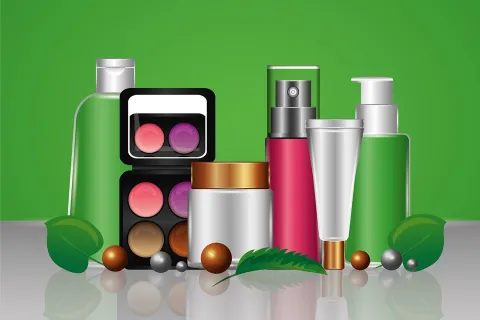
The United Kingdom (UK) has a robust Regulatory framework governing the cosmetics industry, ensuring consumer safety and product quality. The primary legislation is Schedule 34 of the Product Safety and Metrology SI, which is largely based on the EU Cosmetic Products Regulation (EC) No. 1223/2009 but with some additional UK-specific requirements.
Regulatory Authority
The Office for Product Safety and Standards (OPSS) is the competent authority responsible for enforcing cosmetic regulations in the UK. OPSS ensures that all cosmetic products sold in the UK comply with the necessary safety, labeling, and advertising requirements.
Regulatory Requirements
Under the UK cosmetic regulation, cosmetic manufacturers and brand owners must meet several key requirements:
- Product Safety Assessment: Before placing a cosmetic product on the market, manufacturers must ensure that it has been assessed for safety by a qualified professional.
- Product Information File (PIF): Businesses must maintain a detailed PIF for each product, containing information such as the safety assessment report, claims support, manufacturing method, and additional required data.
- Notification: All cosmetic products must be notified on the Submit Cosmetic Product Notification (SCPN) portal before being marketed.
- Responsible Person (RP): Every cosmetic product must have a designated RP based in the UK who ensures ongoing compliance with regulations.
Regulatory Pathway
To place a cosmetic product on the UK market, businesses must follow these steps:
- Conduct a safety assessment and compile a PIF.
- Ensure proper labeling and make any necessary claims.
- Notify the product to the SCPN service.
- Appoint an RP based in the UK.
Label and Claims Requirements
Cosmetic labels must include specific information, such as the ingredients list, contact details of the RP, and any necessary warnings or precautions, among others. All claims made about a product must be truthful, not misleading, and backed by evidence.
Product Classification
The UK cosmetic products regulation covers a wide range of products, including skincare items, makeup, perfumes, hair dyes, sunscreens, and deodorants, among others. The regulation provides guidance on the classification of products as cosmetics, ensuring that all relevant products comply with the necessary requirements.
To conclude, the UK cosmetic Regulatory landscape is complex but crucial for ensuring consumer safety and product quality. Partnering with an experienced service provider like Freyr can help you simplify the process, address the challenges, and navigate the UK cosmetic Regulatory landscape.









